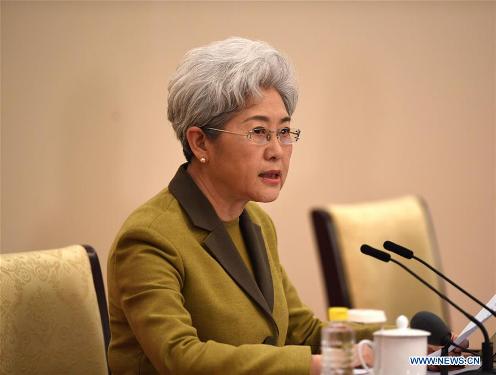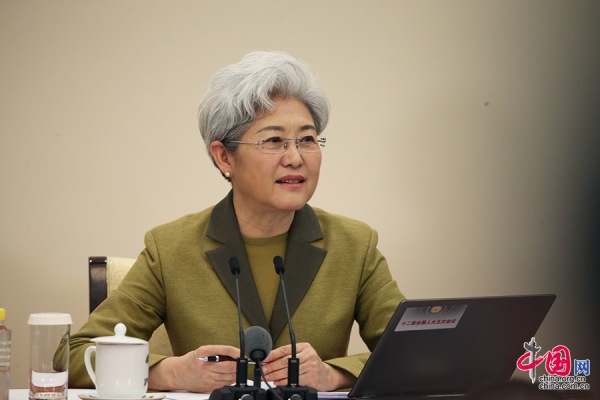Foreign gov’ts should not interfere in internal affairs: HKSAR gov’t
A spokesman for the Hong Kong Special Administrative Region (SAR) government said on Saturday that foreign governments should not interfere in the internal affairs of the Hong Kong SAR.
In response to the U.S. Department of State’s human rights report relating to the Hong Kong SAR, the spokesman said, since the return to the motherland, Hong Kong has been exercising a high degree of autonomy and “Hong Kong people administering Hong Kong” in strict accordance with the Basic Law.
This demonstrates the full and successful implementation of the “one country, two systems” principle, which has been widely recognized by the international community.
“Under Article 158 of the Basic Law, the Standing Committee of the National People’s Congress (NPCSC) has the power to interpret the Basic Law. The NPCSC’s power of interpretation of the Basic Law is part of the constitutional order of the Hong Kong SAR, and is recognized by Hong Kong courts,” the spokesman said.
“There are ongoing judiciary proceedings regarding ‘confirmation form’ and ‘invalid nominations’ in relation to the 2016 Legislative Council election, as well as ‘oath-taking’ by certain Legislative Council Members. Foreign governments should respect the rule of law and the independent judicial system in Hong Kong. They should not interfere in the internal affairs of the HKSAR,” the spokesman added. Endit

